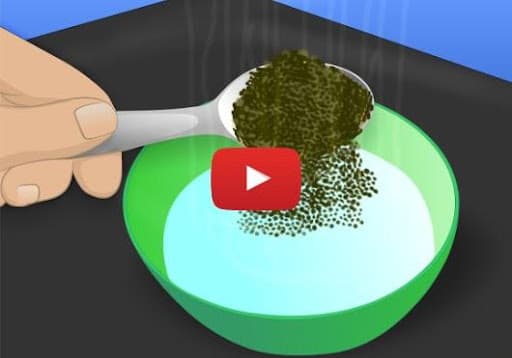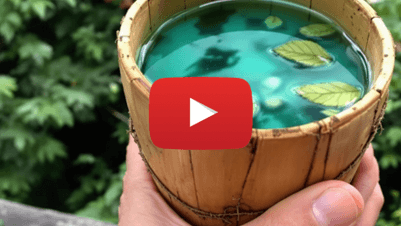9 Foods with Scientific Merit to Help You Live Longer
Discover the foods that have shown promising results in promoting longevity and cognitive health, specifically for individuals over the age of 50. By integrating scientifically-backed items into your diet, you can potentially stave off cognitive decline and improve overall health.
Medium-chain triglycerides, or MCT oil, offer notable cognitive benefits. A study in rodents revealed that low doses significantly improved working memory, highlighting the nutrient's potential. While the research is partly based on animal models, MCT oil's role in enhancing brain function is undeniable.
Though controversial, cooked kale has abilities worth noting. Research suggests kale helps combat inflammation, important as inflammation can become an unyielding issue with aging. Consuming kale could thus contribute to better health by mitigating inflammation-associated damages.
Contrary to popular belief conveyed by many health documentaries, meat consumption is linked with better life expectancy according to data from 175 countries. Significantly, correlations were adjusted for factors like calorie intake, shining light on meat's role in maintaining life expectancy, particularly when considering protein's importance.
Especially over 50, protein from meat aids in muscle maintenance and operational bodily functions, underscoring its vital role. Issues like satiety, micronutrients, and insulin dynamics further justify meat as essential in older adults' diets.
- Goji Berries: Known for liver health and regulating blood pressure through polysaccharides.
- Limes: Provide bioavailable vitamin C, important for heart health.
- Chicory Root: Aids in weight management, satiety, and maintaining good glucose levels.
- Pectin: Found in apples, it offers gut-level anti-inflammatory protection.
For older adults focused on protein efficiency, milk protein isolate may be beneficial. Studies indicate it supports muscle synthesis better than certain whey alternatives, due to richer amino acid profiles aiding sustained protein spikes necessary as we age.
From Around The Web
Wellness Inbox is a blog & weekly newsletter that curates trending news and products related to health and wellness from around the web. We also gather content from various sources, including leading health professionals, and deliver it directly to you.
Please note that we may receive compensation if you purchase any products featured in our newsletter. Wellness Inbox is not affiliated with, nor does it endorse, any health professionals whose content may appear in our newsletter. The information provided is for general informational purposes only and should not be considered medical advice.
The information provided is not intended to replace professional medical advice, diagnosis, or treatment. All content, including text, graphics, images, and information available is for general informational purposes only. We do not guarantee the accuracy or completeness of any information presented and assume no liability for any errors or omissions. The content is subject to change without notice. We encourage you to verify any information with other reliable sources and consult your physician regarding any medical conditions or treatments.







